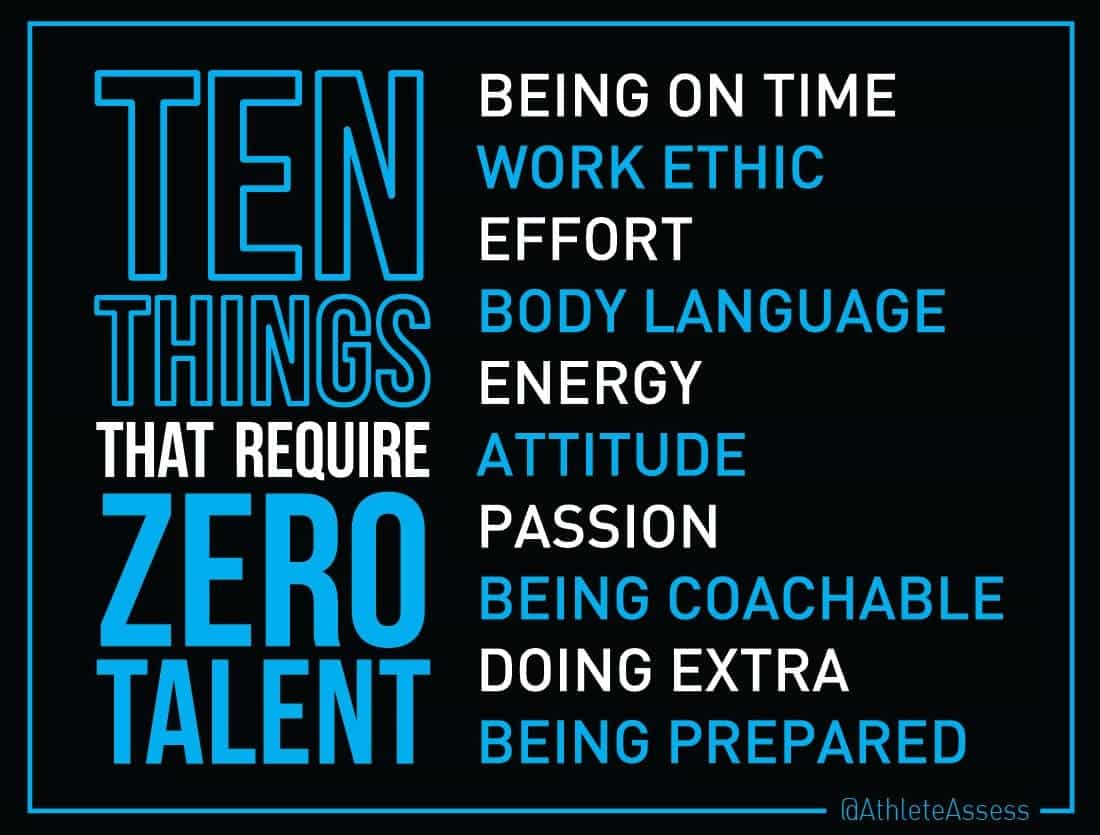You cannot become a responsible, autonomous adult or a winning athlete if you always have to obey someone, even if it is your boss or your best coach.
Those who live this way become dependent on the choices of others, who tell them how to do it. It is a cage one has put oneself in, and although comfortable because one can always blame others for one’s mistakes, it limits personal development.
One must strive, study, work or compete, for oneself/and not to fulfill the ambitions of others. One must learn to apologize only when one does not give 100% effort and not for the mistakes one makes.
We need to learn that anxiety is a demonstration of the importance we give to what we are going to do, so we use this energy to do our best and not to scare ourselves. Let’s use the breath to reduce tension and recover, let’s shift the energy into always encouraging ourselves, let’s put an idea in our heads and go for it.
We will not always get the best result, as so many factors can interfere along this path but we will always have acted to our best, which is all that matters.
Any athlete would like to win every race, but it is not possible. We have to be patient with ourselves and give ourselves time to learn from mistakes and defeats, because they show us the way to improve.






